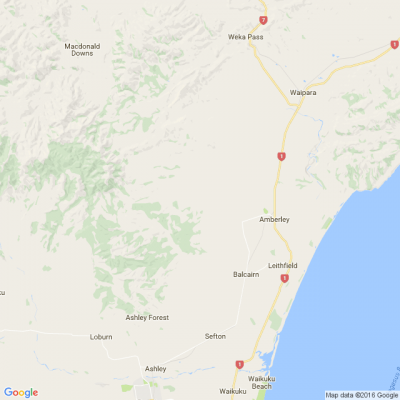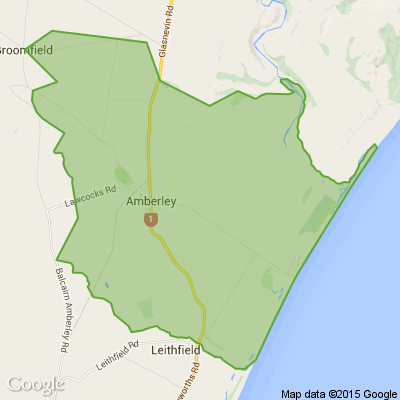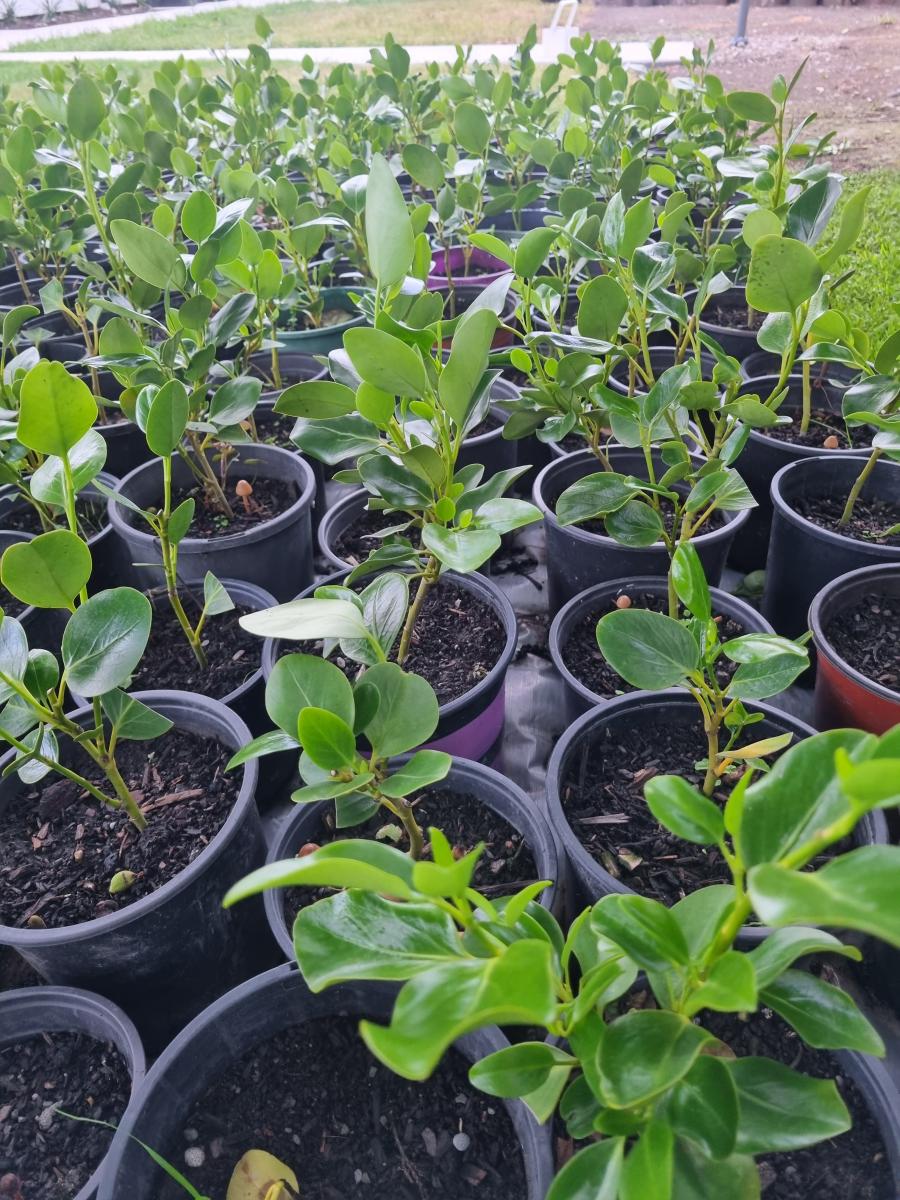
Know what’s happening
Access the private noticeboard for verified neighbours near you. Keep informed about any suspicious activity, send urgent updates to your neighbours when required and discuss emergency planning.
Get to know your neighbours
Browse the directory and start getting to know your neighbours. Don’t want to post to the whole neighbourhood? Send a private message.
Buy, sell and give away
Want to declutter your garage? Buy some used household items? Give away some garden stuff? Become a verified neighbour to browse and post items for sale. Trading is simple when everyone lives nearby.


Spread the Joy!
Do you have any festive tips your community needs to know about? Post them here!

Thank you for using Neighbourly
You may receive an email confirmation for any offer you selected. The associated companies will contact you directly to activate your requests.
Unlock the potential of your unused space, whether it's a shed, garage or paddock and start making it work for you.
Kiwis from all over New Zealand are looking to rent affordable space for storage, a workshop or an event.
Visit - let us help you find the perfect renter for your space.
Find out more

Vicki from Rangiora
Corokia Gentys Green is hardy New Zealand native plant with a small compact leaf. Very versatile - excellent for background planting, shelter, and clipped hedging. Perfect for hedging or as an individual specimen to add to your garden. Great for boundary.$4 per plant
Price: $4

Vicki from Rangiora
Corokia Gentys Green is hardy New Zealand native plant with a small compact leaf. Very versatile - excellent for background planting, shelter, and clipped hedging. Perfect for hedging or as an individual specimen to add to your garden. Great for boundary.$4 per plant
Price: $4

Vicki from Rangiora
Giod sized plants. Looks like buxus when grown but grows at twice the speed. Tiny oval dark green leaves. Plant in full sun or semi shade. Ideal plant to shape into balls cones etc perfect for planting now $3.50
$3.50
Price: $3.50

Pauline from Rangiora
Hey neighbours my Husband and I like to watch 3D movies but finding them hard to come by if anyone has any they would like to sell we would be interested, we have a lot of titles already which we purchased a long time ago, but keen to see if any out there we don’t have
Thank you
Janine from Hurunui District
Saturday 27 January 2024 from 9am to 2pm, in the grounds of Knox Church and Knox Community Centre Hall, corner Main Road and Reeves Street, Cheviot. 15 local sellers with a huge variety of items on sale. Something for everyone!! Enquiries to 021 1864284.
Pauline from Rangiora
Hello everyone
1x garden sprayer and some rose shield half used already
I no longer use as prefer already mixed up than having to do it works well and only ever had that one product in it would like it picked up by Saturday if possible
Price: $10
Pauline from Rangiora
Good condition just not needed now 0212095513 single size
Price: $5

Pauline from Rangiora
3 lengths of dressed Rimu, was going to be used to make a coffee table never eventuated must pick up 0212095513 will list on trade me at weekend if not gone.
Price: $20
Rae Mackay from Rangiora Menz Shed
Hello Neighbours
RMS reopens tomorrow 9th January
Don't forget our great picnic tables $380 (If your child goes to school and you have noticed they could benefit from some tables for the children or they have them but are shabby tell them to get in touch with us, many schools, camp grounds… View moreHello Neighbours
RMS reopens tomorrow 9th January
Don't forget our great picnic tables $380 (If your child goes to school and you have noticed they could benefit from some tables for the children or they have them but are shabby tell them to get in touch with us, many schools, camp grounds have).
Our famous Solid Pine Coffins $680
Our fantastic garden accessories $75 Unstained $90 Stained Wishing Wells and our unique Horse Shoe Ball $390
Stunning Horseshoe wine table/rack $175
We have pet urns, human urns,
We will also be the the muscle car show at the A and P Showgrounds this month
Pickup in Rangiora
Price: $380
Nicole Mathewson Reporter from Northern Outlook
From local democracy reporter David Hill:
Traffic lights are being installed at the intersection of Tram Rd and State Highway 1 in Canterbury to improve safety.
A number of serious crashes, including a fatality, over the last decade have prompted NZ Transport Agency Waka Kotahi (NZTA) to … View moreFrom local democracy reporter David Hill:
Traffic lights are being installed at the intersection of Tram Rd and State Highway 1 in Canterbury to improve safety.
A number of serious crashes, including a fatality, over the last decade have prompted NZ Transport Agency Waka Kotahi (NZTA) to make safety improvements to the Tram Road off-ramp, including lights.
NZTA planned to start work in January and it is expected to take up to four months.
Traffic lights are already in operation at the Tram Rd on-ramp end on to the Christchurch Northern Corridor.
NZTA principal project manager Brendon French said traffic lights would improve the safety and efficiency for those turning right towards Kaiapoi from the off-ramp.
"We will be altering the free left turn to improve the safe merging space for drivers turning on to Tram Rd.
"This includes relocating existing light poles on Tram Rd, and the pole near Greigs Rd, so the merge lane can work more effectively."
New kerb and channel will be installed and the free left hand turn extended.
A 2m-wide cycle lane will also be installed around the free left turn on to Tram Rd.
French said the cycle lane would go through the traffic island to provide a safe crossing point for cyclists travelling west towards Ohoka along Tram Rd.
"Without this feature, cyclists would be riding between the straight through and merge lanes, creating danger for themselves and confusion for the accelerating, merging vehicle drivers."
Waimakariri mayor Dan Gordon welcomed a safer off-ramp at Tram Rd.
"This issue was first raised with our council following a serious accident a few years ago.
"I sought a meeting with NZTA to raise the issue and it is great to see this long-standing safety issue being addressed."
Traffic Control Systems is the lead contractor, with Isaac Construction doing the pavement surfacing and some kerb and channel work.
The project is expected to cost about $1.4 million.
A temporary 30kph speed limit will be in place, with the off-ramp closed at times.
Drivers will need to use the Ohoka Rd off-ramp and follow the detour via Island Rd to return to Tram Rd, adding about five minutes to their journey.
Charles Upham Retirement Village
Welcome to the second of this series of articles dedicated to helping you to downsize, declutter and rightsize your life, brought to you by Ryman Healthcare in conjunction with organising and decluttering expert Peter Walsh.
This time we are tackling one of the more challenging aspects of … View moreWelcome to the second of this series of articles dedicated to helping you to downsize, declutter and rightsize your life, brought to you by Ryman Healthcare in conjunction with organising and decluttering expert Peter Walsh.
This time we are tackling one of the more challenging aspects of downsizing – what to do with gifts and heirlooms. Whether you need to free up space in your own home or are helping someone else to downsize, this is a task that can feel daunting and emotionally charged.
Although it might be tempting to box everything up and hide it away to deal with another day, that just passes the problem down the road to your future self or to your family.
Fortunately, there are ways to downsize gifts and heirlooms that honour and remember the past whilst enabling you to rightsize your life for the present day.
Click to read more.

For only $15 a ticket, you could be in to win this brand-new, fully furnished Jennian home in Clarks Beach, Auckland worth over $1 million.
Featuring three bedrooms, two bathrooms and an open plan kitchen, living and dining area, this home is waiting to be lived in and loved by its new owners. … View moreFor only $15 a ticket, you could be in to win this brand-new, fully furnished Jennian home in Clarks Beach, Auckland worth over $1 million.
Featuring three bedrooms, two bathrooms and an open plan kitchen, living and dining area, this home is waiting to be lived in and loved by its new owners.
Make this property your permanent residence, a holiday home, rent it or even sell it – it could be all yours! Don’t forget, tickets also make great gifts.
Celebrate the Heart Foundation’s 30th Anniversary Lottery and get your tickets today!
Get tickets now

 Loading…
Loading…
Are you sure? Deleting this message permanently removes it from the Neighbourly website.
 Loading…
Loading…
© Neighbourly 2025
